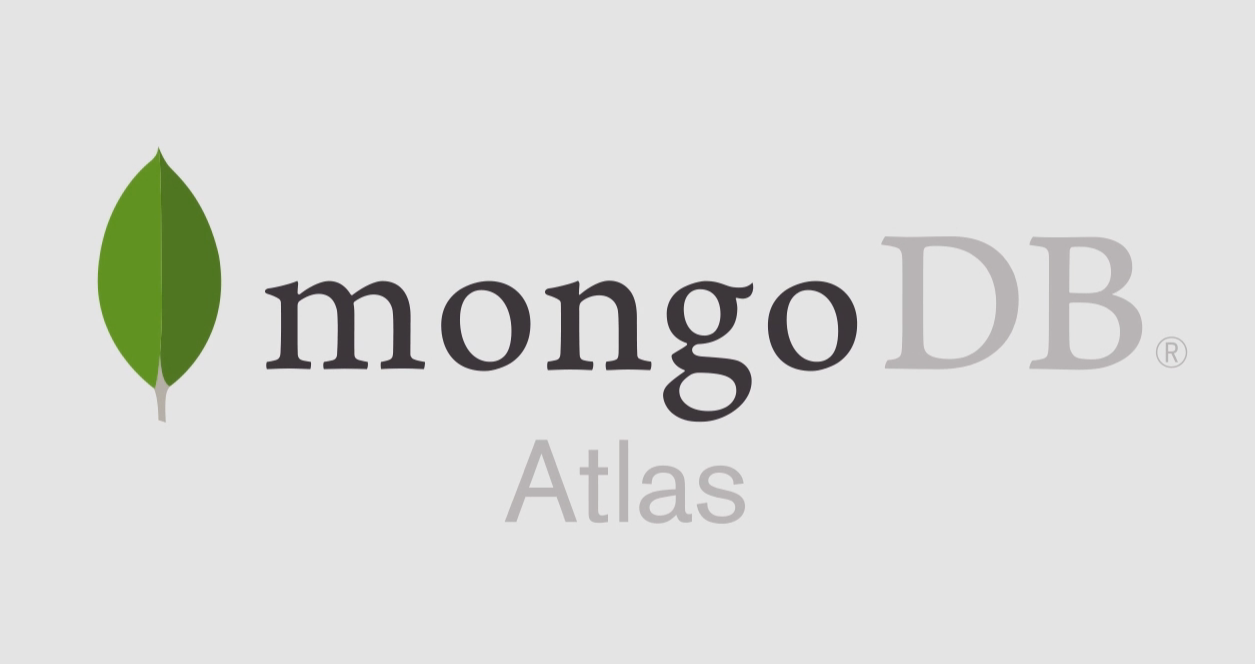Introduction to Atlas: MongoDB's Powerful Cloud Database Service
 Cloud Tuned
Cloud Tuned
Introduction to Atlas: MongoDB's Powerful Cloud Database Service
In today's data-driven world, managing and scaling databases is crucial for businesses seeking to stay competitive and agile. MongoDB, a leading NoSQL database provider, offers Atlas---a fully managed cloud database service designed to simplify database management, improve scalability, and enhance reliability. In this article, we'll delve into what Atlas is, how it works, and why it's becoming the go-to choice for organizations seeking a modern, flexible database solution.
What is Atlas?
Atlas is MongoDB's fully managed cloud database service, offering a comprehensive platform for deploying, managing, and scaling MongoDB databases in the cloud. Whether you're a small startup, a mid-sized enterprise, or a large corporation, Atlas provides the tools and capabilities to handle your data needs with ease and efficiency. It eliminates the complexity of database management, allowing you to focus on building and innovating with your data.
How Does Atlas Work?
Atlas simplifies database management by handling the operational aspects of running MongoDB clusters in the cloud. Here's how it works:
1. Deployment Options:
Atlas offers various deployment options to suit your requirements, including shared clusters for development and testing, dedicated clusters for production workloads, and global clusters for distributed applications. You can choose from different cloud providers, regions, and instance sizes to optimize performance, availability, and cost.
2. Automated Provisioning:
With Atlas, provisioning a MongoDB cluster is quick and straightforward. You can create a new cluster in minutes using the Atlas dashboard or API, specifying configuration options such as storage capacity, backup settings, and security features. Atlas handles the provisioning process, ensuring that your cluster is set up correctly and ready for use.
3. Monitoring and Alerts:
Atlas provides real-time monitoring and alerts to help you keep track of your database performance and health. You can view metrics such as CPU usage, memory utilization, disk I/O, and query performance directly from the Atlas dashboard. Additionally, you can set up custom alerts to notify you of potential issues or anomalies, enabling proactive troubleshooting and optimization.
4. Automated Backups and Disaster Recovery:
Atlas automates the backup process, taking regular snapshots of your MongoDB databases and storing them securely in the cloud. You can configure backup retention policies, encryption settings, and point-in-time recovery options to meet your data protection and compliance requirements. In the event of a disaster or data loss, you can restore your databases quickly and easily from a backup.
5. Security and Compliance:
Atlas prioritizes security and compliance, providing a range of features to protect your data and infrastructure. This includes network isolation, encryption at rest and in transit, role-based access control (RBAC), and auditing capabilities. Atlas also supports compliance standards such as GDPR, HIPAA, SOC 2, and ISO 27001, making it suitable for regulated industries and sensitive workloads.
Why Use Atlas?
The adoption of Atlas offers several advantages for organizations seeking a modern, flexible database solution:
Simplicity and Ease of Use: Atlas simplifies database management, allowing you to deploy, scale, and manage MongoDB clusters with minimal effort. Its intuitive interface, automated provisioning, and built-in monitoring make it easy to get started and maintain your databases over time.
Scalability and Performance: Atlas enables you to scale your databases on-demand to handle fluctuations in workload and data volume. You can add or remove nodes, adjust storage capacity, and upgrade instance sizes with just a few clicks, ensuring that your databases can keep pace with your business growth.
Reliability and Availability: Atlas provides high availability and fault tolerance out of the box, with built-in replication, automated failover, and cross-region redundancy options. This ensures that your databases remain accessible and resilient even in the face of hardware failures, network outages, or other disruptions.
Cost Efficiency: Atlas offers transparent pricing with flexible billing options, including pay-as-you-go pricing and reserved instances. You can optimize costs by scaling resources based on demand, leveraging cost-saving features like automated scaling and storage tiering, and taking advantage of discounts for long-term commitments.
Global Reach: Atlas supports global deployments across multiple cloud providers and regions, allowing you to distribute your databases closer to your users for lower latency and improved performance. You can deploy clusters in strategic locations worldwide and route traffic intelligently to ensure an optimal user experience.
Getting Started with Atlas
To get started with Atlas, follow these steps:
Sign Up: Create an account on the MongoDB Atlas website and choose a subscription plan that suits your needs, whether it's the free tier for testing and development or one of the paid tiers for production workloads.
Create a Cluster: Use the Atlas dashboard to create a new MongoDB cluster, specifying configuration options such as cloud provider, region, instance size, and cluster tier. Customize settings for backup, security, and monitoring as needed.
Connect Your Application: Once your cluster is provisioned, you can connect your applications to it using the connection string provided by Atlas. You can connect via standard MongoDB drivers, libraries, or frameworks, ensuring compatibility with your existing codebase.
Manage and Monitor: Use the Atlas dashboard to manage your databases, monitor performance, and troubleshoot issues. Set up alerts to notify you of potential problems, and leverage the built-in tools for backup, restore, and optimization.
Scale as Needed: As your business grows, scale your databases on-demand to accommodate increased workload and data volume. You can add more nodes, upgrade instance sizes, or enable features like sharding and auto-scaling to ensure optimal performance and efficiency.
Conclusion
MongoDB Atlas offers a powerful and versatile platform for managing MongoDB databases in the cloud. With its simplicity, scalability, reliability, and global reach, Atlas enables organizations to focus on building innovative applications and driving business value without worrying about the complexities of database management. Whether you're a startup, a mid-sized enterprise, or a large corporation, Atlas provides the tools and capabilities you need to succeed in today's data-driven world.
Subscribe to my newsletter
Read articles from Cloud Tuned directly inside your inbox. Subscribe to the newsletter, and don't miss out.
Written by
